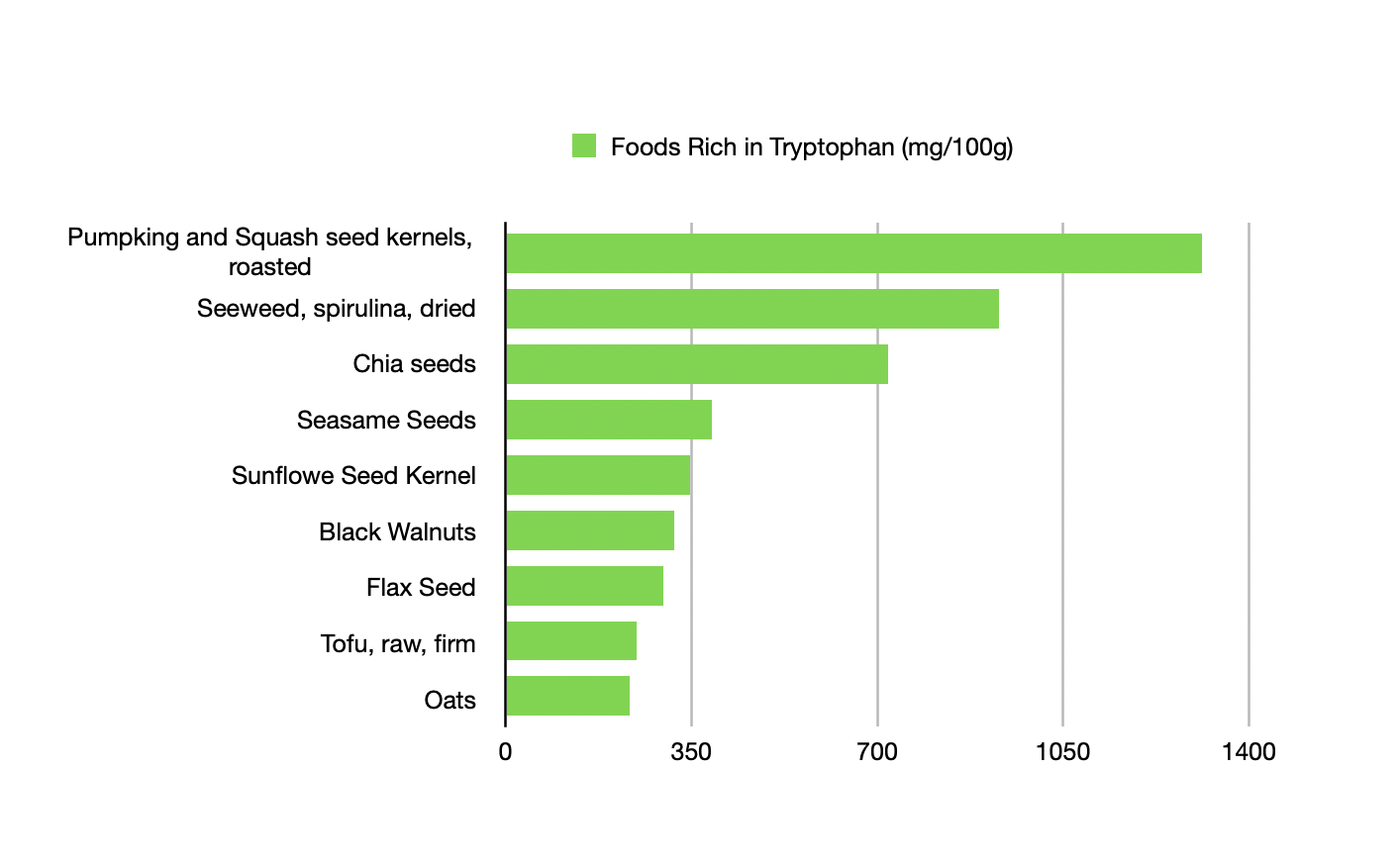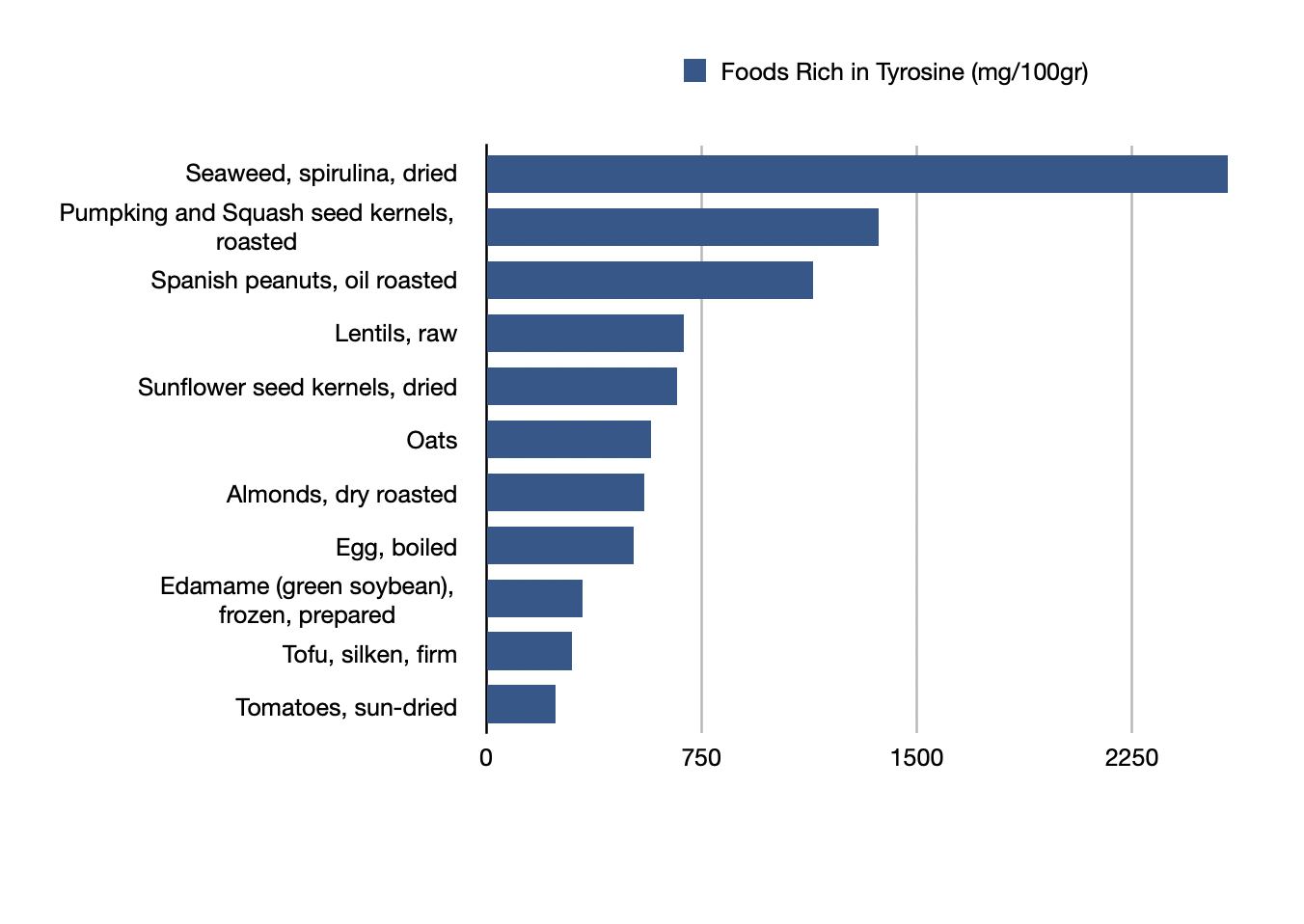Better Health, Better Brain
"The brain and peripheral nervous system, the endocrine and immune systems, and indeed, all the organs of our body and all the emotional responses we have, share a common chemical language and are constantly communicating with one another.” Dr. James Gordon (founder of the Center for Mind-Body Medicine)
If until not long ago scientists could not really explain the relationship between the brain and body, in the last few years more and more research are made on this subject and more and more things are discovered. (1)
“No one is an island,” said John Donne. And the same thing applies to our human body. All the systems of our body interact with each other and influence each other.
Our bodies have four major systems that control their functions. In order to have a healthy body ones needs to keep these four systems in balance. A lack of balance results in disease and sickness. The four systems are the following (in the order of their importance): the nervous system, hormonal system, digestive system, and detoxification system. The brain is the one that rules everything, so this is why in the first place is the nervous system. One of the ways that the nervous system controls the body is by producing neurotransmitters. Scientists have discovered more than 50 kinds of neurotransmitters, all of which have some impact on health (N. Nedly, The Lost Art of Thinking, p. 146). Of all these, there are three that are the most important: Serotonin, dopamine, and norepinephrine. The neurotransmitters are protein molecules and have the role of sending information from the brain to the rest of the body.
Serotonin is one of the most important neurotransmitters. It regulates mood, sleep, and appetite and affects learning and memory. Symptoms of low serotonin include anxiety, depression, sugar cravings, and insomnia. Dopamine is a chemical messenger similar to adrenaline, and it affects the brain process that controls movement, emotional response, and the capacity to feel pleasure and pain. Norepinephrine is another relative of adrenaline. Together with serotonin controls feelings of anxiety and depression.
One of the best ways to boost serotonin production is to consume foods that are high in an amino acid called tryptophan. Another amino acid that boosts the production of dopamine and norepinephrine is tyrosine.
Animal-based foods are high in tryptophan and tyrosine. But a plant-based diet will provide the important raw material needed to increase the levels of these neurotransmitters in the brain. A study made at the Massachusetts Institute of Technology compared the tryptophan and tyrosine levels in two groups of people: one having high protein meals and the other one having high carbohydrate meals. The results were that people consuming high carbohydrate meals had significantly better tryptophan and tyrosine ratios compared with those with high protein meals. (3) So we recommend that you try to take your tryptophan and tyrosine from a plant-based source.
Here is a graphic with the foods rich in Tryptophan:

There are also foods that are rich in tyrosine:

Another very important nutrient for your brain is Omega-3. It is crucial for cognitive performance. A deficiency of Omega-3 will result in the following symptoms: tiredness (fatigue), poor memory, dry skin, heart problems, mood swings, depression, mania, anxiety, and poor circulation. An imbalance between the ratio of Omega-6 and Omega-3 in the body can result in the presence of inflammation, which increases the risk of blood clots, dementia, depression, mania, arthritis, autoimmune disease, some skin conditions, and even some forms of cancer.
Omega-3 is found abundantly in fish. But the presence of mercury in the fish makes it not a suitable source. We highly encourage you to get your Omega-3 from a vegetable source. Omega-3 is found in the following foods: flaxseed, chia seeds, purslane, walnuts, green soybean, pecans, avocado, sweet red pepper, blueberries, and oregano.
Some other vitamins and minerals important for the brain are vitamin B1 (thiamine), B6 (pyridoxine), B9 (folate), B12, choline, vitamin C, D, E, K, calcium, iron, selenium, resveratrol.
There are some foods that are really good for the brain: berries, cruciferous vegetables, garlic, green leafy vegetables, nuts, olive oil, pomegranates, seeds, tomatoes, and whole grains. On the other side, there are foods that are damaging your frontal lobe and the capacity to make good choices and stay healthy: alcohol, corn syrup, and sugar, refined carbohydrates, high-fat diets, nicotine, meat-based diets.
So, a lot of the health of our brain depends on the choices we make. There are many choices that we can make when it comes to our brain health. And, as we have seen in this article, what we eat has a huge impact on it. I want to encourage you to make smart choices, to choose those things that will help you to think better and enjoy health.
ABOUT
Amevera is a private organization created for the purpose of continuing education.
© Copyright Amevera. All rights reserved.
